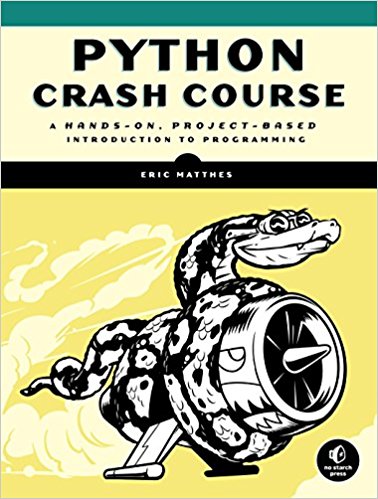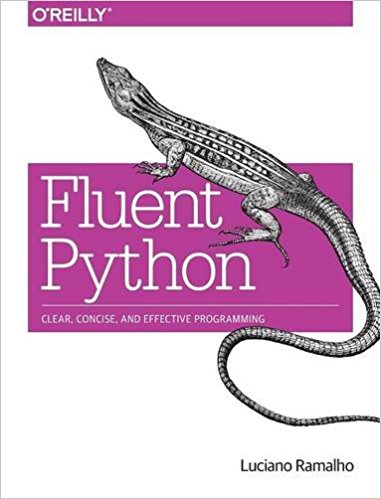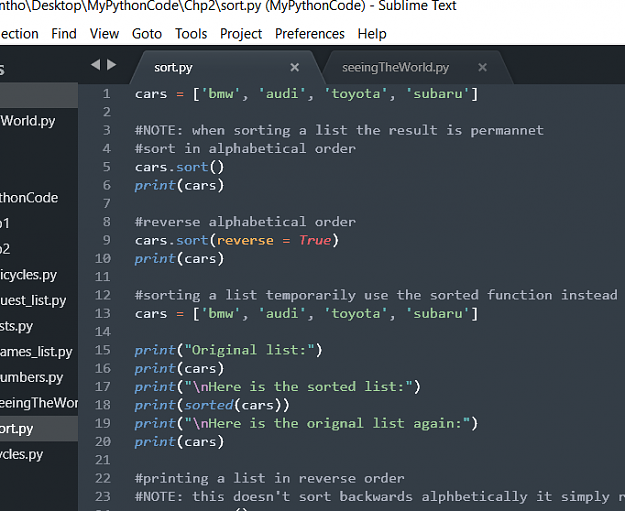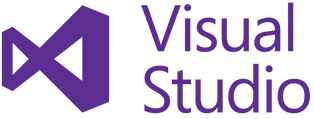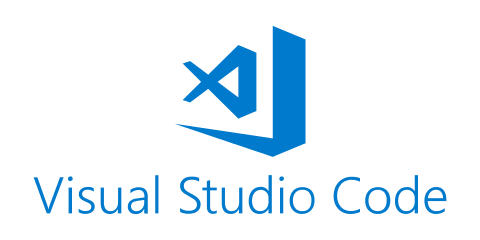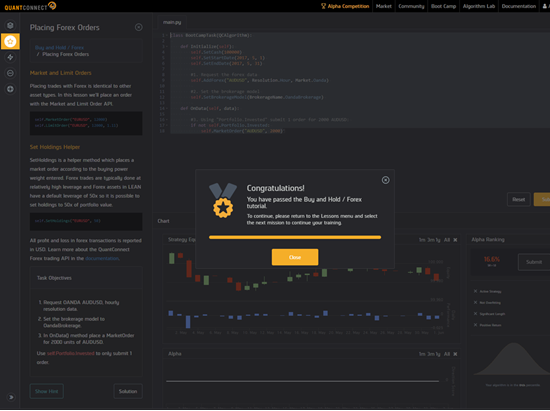PYTHON, ALGORITHMS, and FOREX 
I'm starting this thread in the hopes that it may be beneficial to someone else later who may decide to go a similar route. To be honest, I enjoy manual trading and everything that comes with it. I've spent a majority of my time trading Stocks and Options but I've always been interested in FX (The no PDT rule actually attracted me).
That said, as a software engineer by day, I'm naturally drawn to the aspect of algorithmic trading simply for the love of the science behind it. As it encompasses everything I am interested in such as programming, trading, finances, algorithms, and statistics.
Oddly enough, over the years I have coded in more languages than I care to list here . But I've coded long enough to experience that there comes a point when most languages seem the same; it's the frameworks used with them that will drive you nuts. Even so, the only time you may notice differences language-wise is when you are trying to do something extremely complex, streamlined, and or with fast execution.
. But I've coded long enough to experience that there comes a point when most languages seem the same; it's the frameworks used with them that will drive you nuts. Even so, the only time you may notice differences language-wise is when you are trying to do something extremely complex, streamlined, and or with fast execution.
But as fate would have it, I've never coded in Python. I had always planned to pick it up but never got around to it. Go figure. So this is a perfect opportunity to pick up the language on the fly. I figure a few days...a week tops. The language seems extremely simple.
As far as my goals, I already trade with Oanda and I've been reviewing the API docs over at QuantConnect . I have also set up an account over at Quantopian as well. Simply checking out the communities and gauging their overall activity levels. More than likely I'll probably spend the majority of my time initially learning via QuantConnect simply because I'll be able to run my scripts against my own account, eventually. And, QuantConnect also offers C# as a language choice; that was initially attractive to me. But, I promised myself I would at least give Python a go as it seems to be the "favorite" in many algorithmic trading circles. Not to mention, there are a ton of examples in Python and the majority of other platforms offers that language as well. (Note: I am still up in the air though, I would imagine that C# executes faster with a more complex script because python has some bloat...but that's another discussion and that's what bench tests are for.)
More importantly, I would like to keep this thread updated with information detailing how "I" got from A to B and everything in between along the way. I am literally starting from scratch and have no idea what the heck I'm doing or how to get started other than opening an account at QuantConnect .
.
Regardless, just like any other trader, I want to become more knowledgeable about FX and work on becoming consistently profitable. The motivating factor behind this endeavor is a simple one. I am making the assumption that I might achieve a level of knowledge that I may not have if I had simply continued casually trading and growing via that experience. Although, one may argue that I would gain the same or a similar level of knowledge over time regardless. I would just reach it faster taking this route. For what it's worth, I am not talking about the knowledge gained from trading per se, as nothing can replace taking numerous live trades. I'm more or less talking about the knowledge of FOREX and trading as it relates to FOREX as a subject
Anyway, please feel free to leave any comments, ask questions, or provide advice. I'm new here so I'm definitely looking to make friends as well.
And if this was a TL;DR situation that's cool too!
Cheers
I'm starting this thread in the hopes that it may be beneficial to someone else later who may decide to go a similar route. To be honest, I enjoy manual trading and everything that comes with it. I've spent a majority of my time trading Stocks and Options but I've always been interested in FX (The no PDT rule actually attracted me).
That said, as a software engineer by day, I'm naturally drawn to the aspect of algorithmic trading simply for the love of the science behind it. As it encompasses everything I am interested in such as programming, trading, finances, algorithms, and statistics.
Oddly enough, over the years I have coded in more languages than I care to list here
But as fate would have it, I've never coded in Python. I had always planned to pick it up but never got around to it. Go figure. So this is a perfect opportunity to pick up the language on the fly. I figure a few days...a week tops. The language seems extremely simple.
As far as my goals, I already trade with Oanda and I've been reviewing the API docs over at QuantConnect . I have also set up an account over at Quantopian as well. Simply checking out the communities and gauging their overall activity levels. More than likely I'll probably spend the majority of my time initially learning via QuantConnect simply because I'll be able to run my scripts against my own account, eventually. And, QuantConnect also offers C# as a language choice; that was initially attractive to me. But, I promised myself I would at least give Python a go as it seems to be the "favorite" in many algorithmic trading circles. Not to mention, there are a ton of examples in Python and the majority of other platforms offers that language as well. (Note: I am still up in the air though, I would imagine that C# executes faster with a more complex script because python has some bloat...but that's another discussion and that's what bench tests are for.)
More importantly, I would like to keep this thread updated with information detailing how "I" got from A to B and everything in between along the way. I am literally starting from scratch and have no idea what the heck I'm doing or how to get started other than opening an account at QuantConnect
Regardless, just like any other trader, I want to become more knowledgeable about FX and work on becoming consistently profitable. The motivating factor behind this endeavor is a simple one. I am making the assumption that I might achieve a level of knowledge that I may not have if I had simply continued casually trading and growing via that experience. Although, one may argue that I would gain the same or a similar level of knowledge over time regardless. I would just reach it faster taking this route. For what it's worth, I am not talking about the knowledge gained from trading per se, as nothing can replace taking numerous live trades. I'm more or less talking about the knowledge of FOREX and trading as it relates to FOREX as a subject
Anyway, please feel free to leave any comments, ask questions, or provide advice. I'm new here so I'm definitely looking to make friends as well.
And if this was a TL;DR situation that's cool too!
Cheers
Do more of what works and less of what doesn't.
